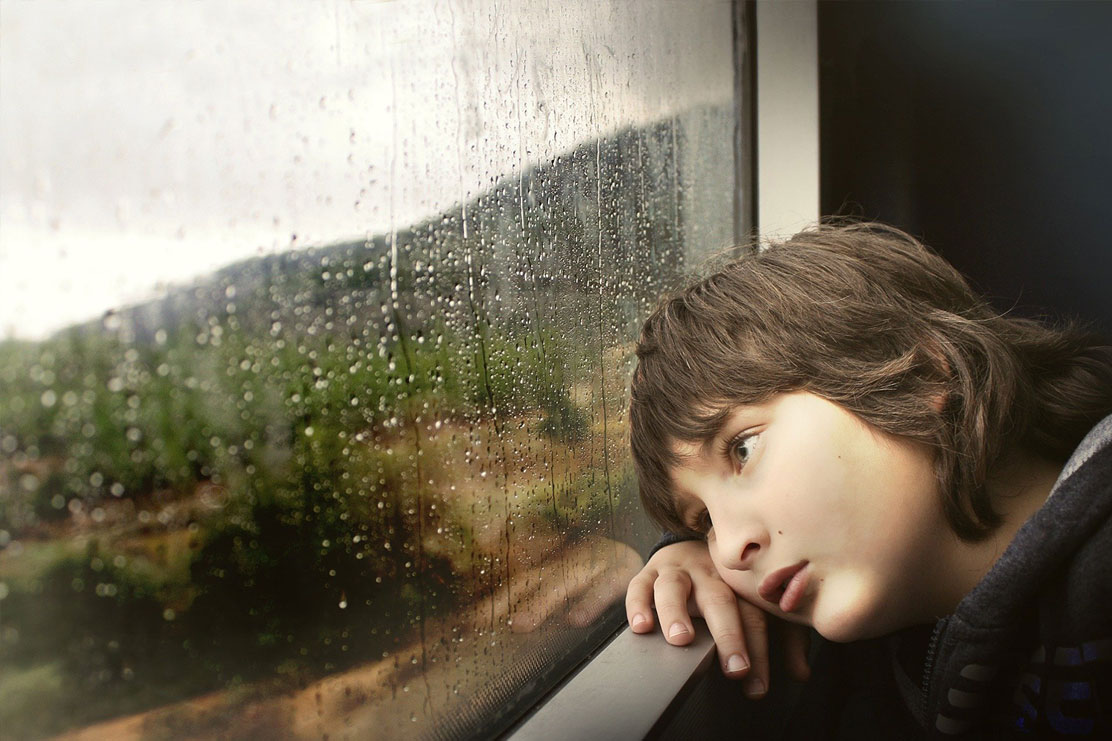Kids feel quarantine fatigue
by Krizette Gutierrez

It’s been several months since all our lives have been put on halt due to an invisible enemy. At this point, you’ve probably figured out some kind of a routine for yourself – working from home in your pajamas, cooking for the family, just staying put and never getting to use that grill for a decent backyard barbecue party.
If you’ve successfully created your own version of a new normal, good for you. But while most adults are resilient enough to adapt to the changing times, this is not always the case for the kids.
In the pre-pandemic world, most kids are used to going to school on weekdays and playing with friends. After school, taking trips to the park and having dinner with mom and dad have been the usual routine. Then on weekends, mom and dad find a good bonding activity.
But now, your kids feel like they are on an endless weekend, an unusually long vacation. They might have a hard time understanding the state that we are in and why they are not allowed to see their friends for playdates. And because their social interactions are basically what makes them who they are at this point in their lives, they might be feeling this sadness that they are not able to wrap their heads around just yet.
This sadness, and the anger that comes after it, may be the reason why they are exhibiting aggressive behaviors such as hitting, kicking, or throwing things. Once they start manifesting these behaviors, it’s important to help them explain their emotions and accept the sadness they are feeling. Be extra patient and let them fully express their sadness without any judgment. You can also try breathing exercises and yoga to help them slow down and control their emotions.
By now, we already know that children have a harder time dealing with their emotions compared to adults. In this crazy difficult time, let’s all have more patience not only towards ourselves, but more importantly, towards our kids, so that when the time comes that we can go back to our normal lives, our kids will be much happier, more compassionate, and more capable of processing their emotions.
Resources:
